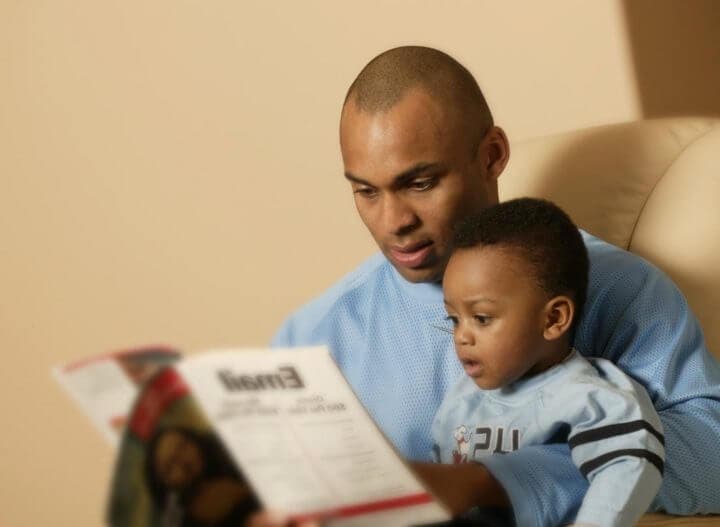A recent study from Rutgers University found that parents educated beyond high school invest more in family health care. Thus, they reduce the probability of adverse medical conditions, despite the salary differences they may have and the health insurance they have contracted.
How did the researchers come to that conclusion? In the research, various types of families were studied, taking into account the parents' education and the investment they made in everything related to health. That study was led by Alan Monheit and Irina Grafova, specialists from the Rutgers School of Public Health.
Find out more about the differences between each family and their medical expenses .

Medical expenses depending on the type of family
1. Nuclear families
Nuclear families are those that are made up of both parents. As for nuclear families, it was found that when both parents have a higher level of education, they choose to spend more on dental care and mental health services. Additionally, their increases in outpatient health care expenditures are considerable compared to families where the parents have a lower educational level.

2. Single parent families
In this case, single-parent families are those with only one parent; that is to say a father or a mother. When comparing such families where the parent does not have a high school diploma, single parents with a college education spend up to $ 1,000 annually on family outpatient health care. They also invest more in prescription drugs and dental care.

Relationship between health expenses and parents' educational level
The study confirms the association that exists between parents' academic achievement and access to and use of family health services . Beyond salary income and economic status, a family with parents who have a higher education level will be more cautious when it comes to their children's health, as well as their own.
In this way, the results of the study support the Grossman Model of health demand, in which health is seen as a “good” that is inherited and increased with investments beyond the price of health care. Behaviors like these help to decrease specific health conditions, such as hypertension, diabetes, and asthma.

conclusion
At all times you must take care of the health of your family, especially children. Investing for a better quality of life and adequate medical care is essential.
Beyond the salary income you may have, it is a long-term investment that deserves our attention, it is about preventing your future and that of your family members. That is why people with a higher education level choose this option, since they know that health is paramount no matter how much money they make .

Reference
- Monheit, AC and Grafova, IB (2018) Education and family health care spending. Southern Economic Journal , 85
